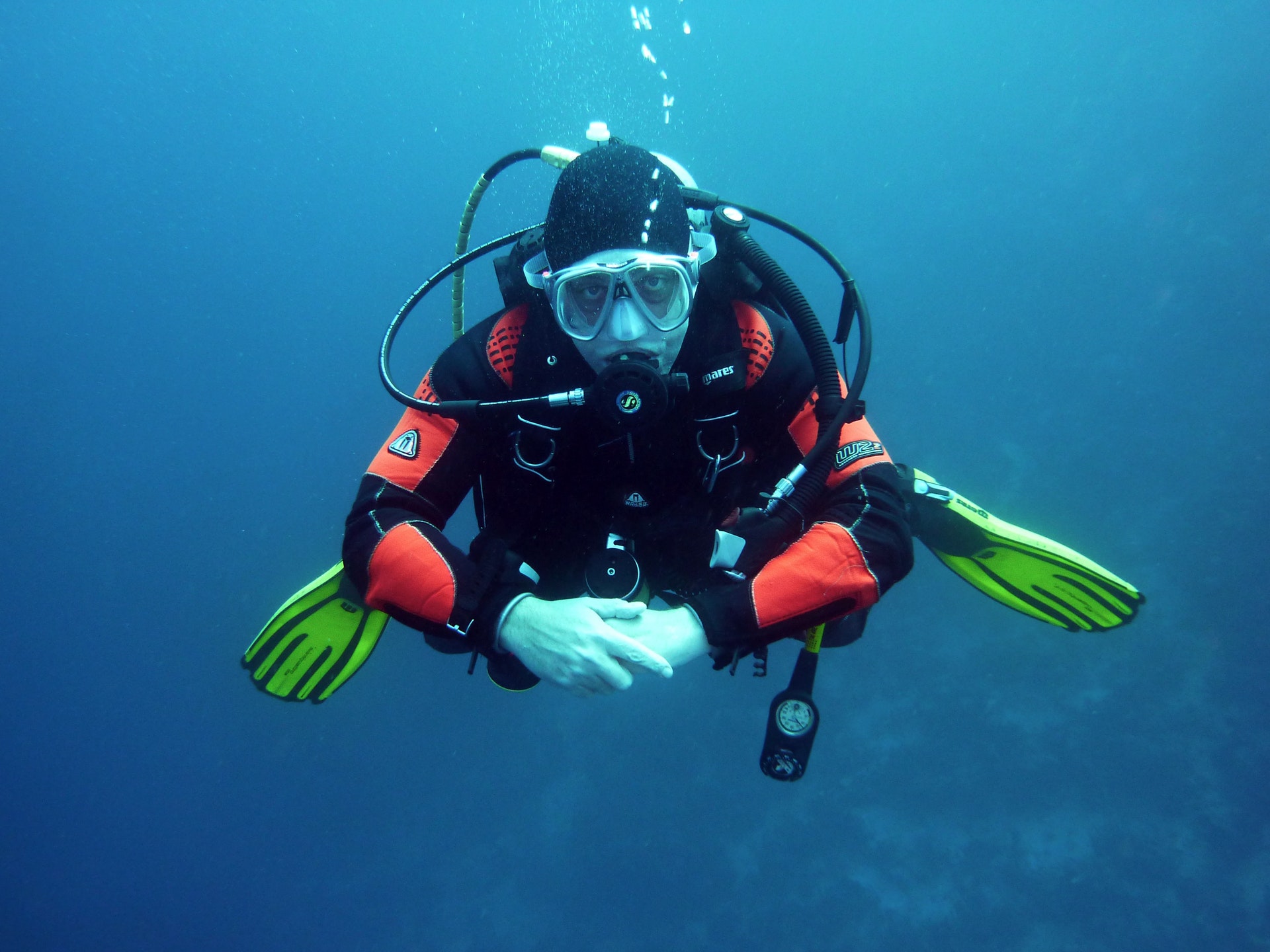Most divers find themselves extra tired after a day underwater, so getting to sleep isn’t usually much of a problem.
But what if you find you can’t sleep after scuba diving?
What might the cause be?
We’re going to take a look and will discover that there are no common reasons why scuba diving itself should stop you from sleeping.
There might be some related issues specific to you as an individual, or while uncommon, there could alternatively be some scuba-associated medical factors that might affect your sleep that need addressing.
So we’ll consider these and try and find out why you’re not getting a good night’s sleep after your dives.
- Is It Normal if I Can’t Sleep After Scuba Diving?
- Can Scuba Diving Cause Insomnia?
- What Can I Do if I Can’t Sleep After Scuba Diving?
- Can I Go Diving if I Couldn’t Sleep the Night Before?
- How to Make Sure to Sleep Well After Scuba Diving
- Conclusion
- You Might Also Like…
Is It Normal if I Can’t Sleep After Scuba Diving?
Whether it’s from the exertion of the dive itself, getting a bit cold, or just the excitement of the day itself, it’s quite normal to be tired after diving.
This means that most divers don’t have a problem going to sleep at the end of the day.
So, no, in general, it’s not normal if you can’t sleep after scuba diving, and it’s worth taking the time to try and work out what the cause of your sleeplessness could be.
Can Scuba Diving Cause Insomnia?
We can find no scientific evidence that scuba diving itself can cause insomnia.
But if you’re always having trouble sleeping after diving, what could be the cause?
Any medical concerns must be discussed with a doctor, especially if you feel there could be a condition or injury related to scuba diving that is making you unable to sleep.
Excluding this, we can consider a few things within our control that might affect your sleep.
Stress or Anxiety About Diving
Being overly anxious or stressing about diving could undoubtedly cause problems with sleep.
Over-analyzing a dive or worrying about your performance won’t create the conditions for a restful night.
Try not to worry about what has happened with your diving that day or what might happen the next.
Instead, if you have concerns, find the time to discuss them with a buddy, Divemaster, or Instructor during the day, so you’re not left stewing about them at night.
Adrenaline or Excitement
We know that scuba diving can be an extreme sport, and if you’ve had an especially exhilarating day underwater, you might still have the adrenaline running through you when it’s time for bed.
If you think this might be the case, perhaps next time try skipping a late afternoon dive, so your body has sufficient time to relax before sleeping.
Dehydration
During all aspects of scuba training, students are reminded to stay well hydrated.
We should know that this is an essential factor in reducing the risk of decompression sickness.
Just the activity of being underwater itself can dehydrate us, and if we’re in a hot location, it can be even worse.
In general, dehydration causes fatigue, but it’s also entirely possible that dehydration and its side effects could cause sleep to be hard to come by.
We should always remain well hydrated before and after a dive, and it could be worth making an extra effort to drink plenty of water during your day if you are having trouble sleeping.
Just remember not to drink so much about 2 hours before you go to bed that your night is interrupted by visits to the bathroom.
Too Much Tea or Coffee on the Dive Boat
It’s widespread for divers to drink lots of tea or coffee during their day’s activities, and this could well affect the amount or quality of sleep they’ll get the following night.
Drinking coffee, tea, or other caffeinated drinks late in the afternoon or evening can make it harder to sleep.
Sleep experts advise stopping drinking caffeine after around 3 pm due to the extended length of time that the stimulant is active in your body and the adverse effects on your sleep.
So if you’re having a hard time sleeping after diving, think about what you’re drinking in the afternoon and see if you can replace those caffeinated drinks with juice or water.
You might find this makes a difference.
Too Many “Deco Beers” at the Dive Center
While it might be a tradition to have a beer or two at the end of the day at the dive center or local bar, it’s known that alcohol consumption can significantly affect the quality and quantity of sleep you can get.
Alcohol can disrupt sleep patterns, making a natural, uninterrupted, and restful night difficult.
If you’re having trouble sleeping, skip the post-dive alcohol and see if it makes a difference.
What Can I Do if I Can’t Sleep After Scuba Diving?
Experts advise that the worst thing you can do to try to sleep is to force it.
So if you can’t sleep after a reasonable time (around 30 minutes), it’s recommended that you stop trying for a period and do something else.
For some people, reading a book is sufficient to help their brain shut down and feel sleepy.
But some find it helpful to get out of bed and take a relaxed walk in their house, just something rather than trying too hard to sleep.
Remember, watching TV or using your phone is NOT recommended if you’re trying to sleep due to the bright light it exposes you to.
Can I Go Diving if I Couldn’t Sleep the Night Before?
Generally, diving when you’re overly tired isn’t a great idea as it could have safety issues, or at the very least, make the day less enjoyable.
There is some evidence to suggest that diving excessively fatigued can increase the risk of decompression sickness, so it is best avoided.
Additionally, a reasonable level of mental awareness and a physical reserve is needed to dive safely, so being overly tired could cause problems or accidents.
A diver that is extremely tired or sleep-deprived might not be able to mentally or physically respond quickly enough to a situation until it’s too late.
A good night’s rest before a day diving is a good idea so that you’re both physically and mentally ready to enjoy the dive to the maximum as well as stay safe.
How to Make Sure to Sleep Well After Scuba Diving
If diving anxiety or stress is worrying you, firstly remember that scuba diving is supposed to be a fun hobby and is not worth losing sleep over.
But remember that there’s always someone out there happy to talk over any questions or concerns you have.
Try and do that as they come up so you’re not going to bed with them, or if that’s not possible, write them down and save them for the next opportunity.
We can suggest some extra tips to help you get a good night’s sleep after your day underwater.
Drinks:
- Avoid caffeinated beverages like coffee, tea, or cola after 3 pm
- Remain well hydrated during the whole day, but don’t drink too much 2 hours before bed
- Avoid alcohol in the evening if you’re having trouble sleeping
Eating:
- Eat at least 2-3 hours before your planned bedtime.
- Avoid fatty, spicy, and acidic foods in your evening meal
- Avoid chocolate in the evening as it can contain caffeine
Follow a wind-down routine:
- Put down your smartphone at least an hour before bedtime
- Stop watching TV, playing video games, and turn off bright lights, ideally 2 hours before bed
- Relax with suitable music or a podcast or audiobook
- Try to make your sleep and wake-up at consistent times every day
Create a Relaxing Sleep Environment:
- Reduce irritating noise sources
- Consider anything that’s making your bed uncomfortable
- Set a cool temperature of around 70°F (20°C)
Conclusion
We’ve seen that scuba diving itself won’t cause us to be unable to sleep.
But it’s possible that some scuba related stress, or indeed remaining excitement, could cause us to be a bit more awake at night than we’d like.
Rest and relax after your diving. Try some of our sleep tips, and you’ll find that, like most divers, you’ll soon be dreaming about life under the sea.
You Might Also Like…
-

How Do Scuba Divers Drink Water? 5 Possible Ways (+7 Tips)
-

How Long Can Scuba Divers Stay Underwater? (+9 Limiting Factors)
-
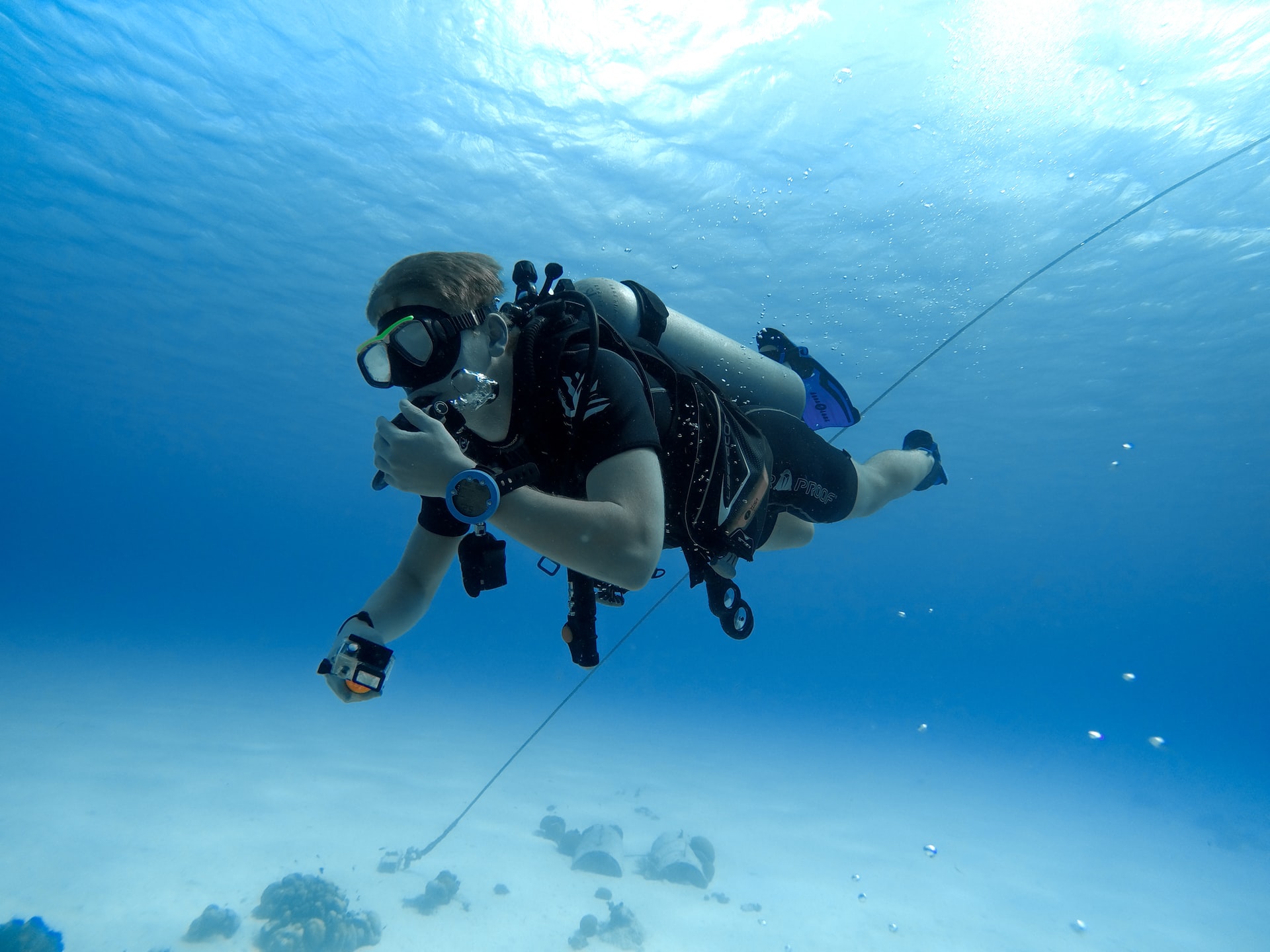
Are Scuba Divers Athletes? All the Facts (+New Competitive Forms)
-
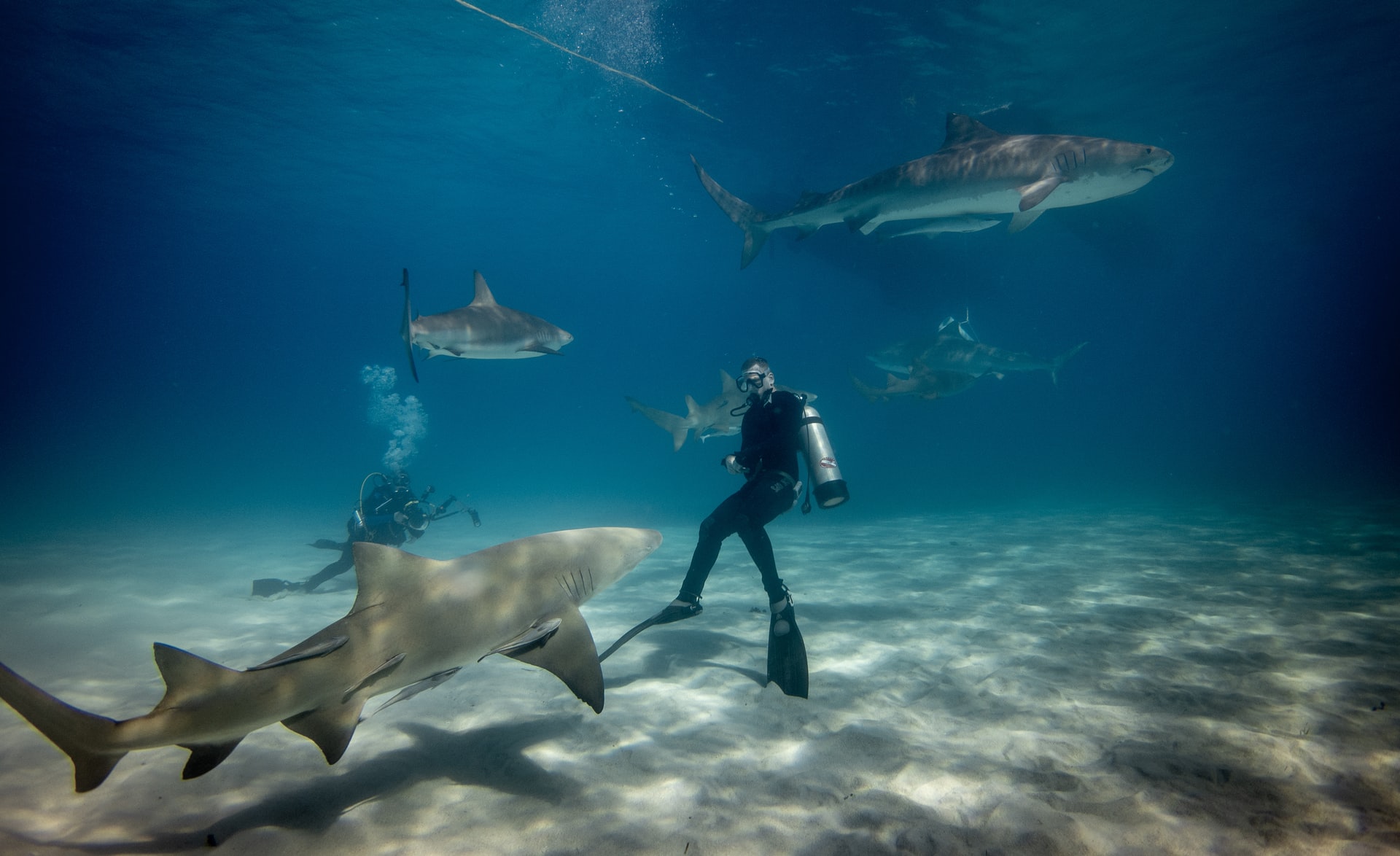
Are Sharks Scared of Scuba Divers? (What Every Diver Must Know)
-
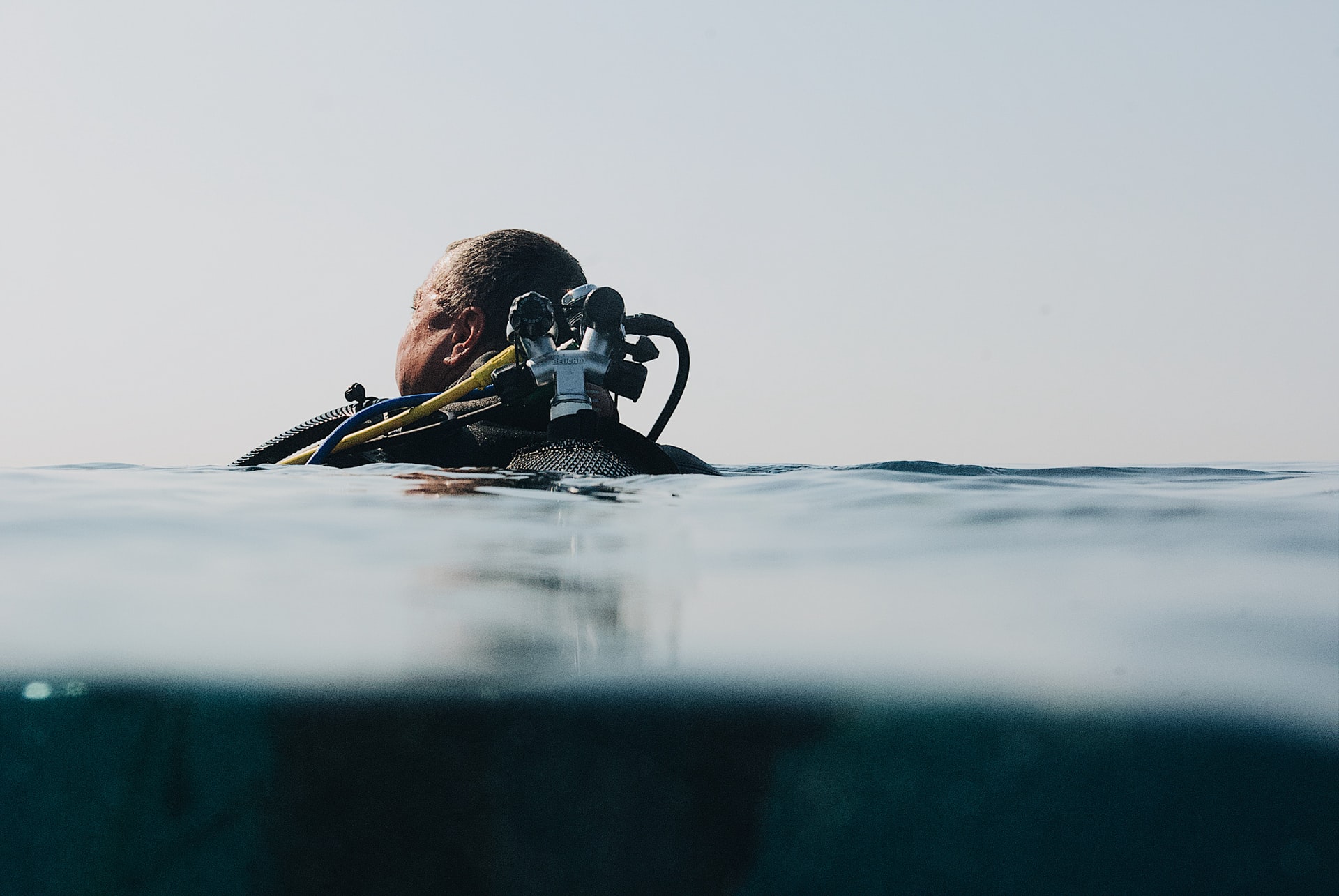
Who Should Not Scuba Dive? 17 Reasons (Every Diver Should Know)
-
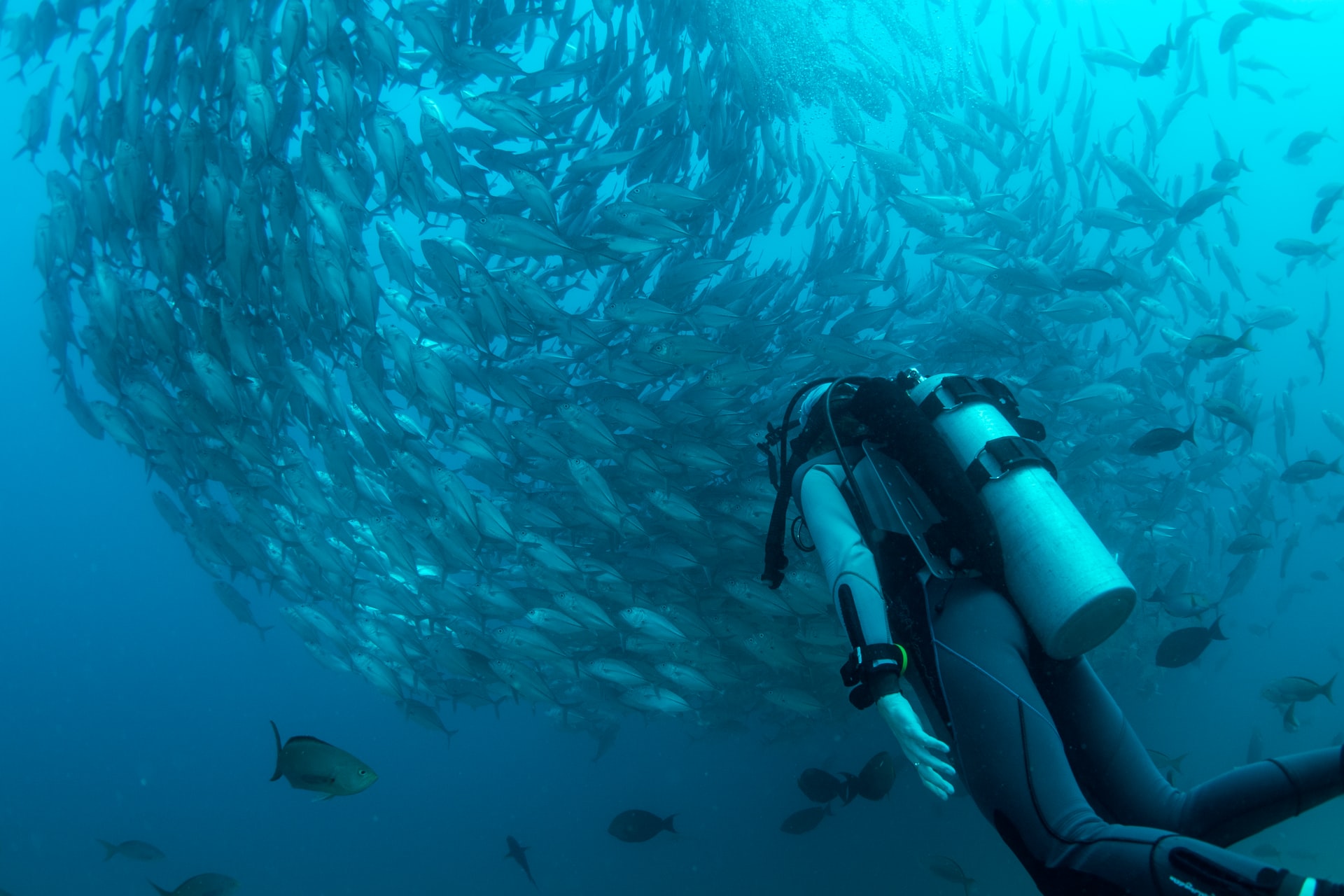
Should I Be Scared of Scuba Diving? 8 Common Fears (Debunked)
-
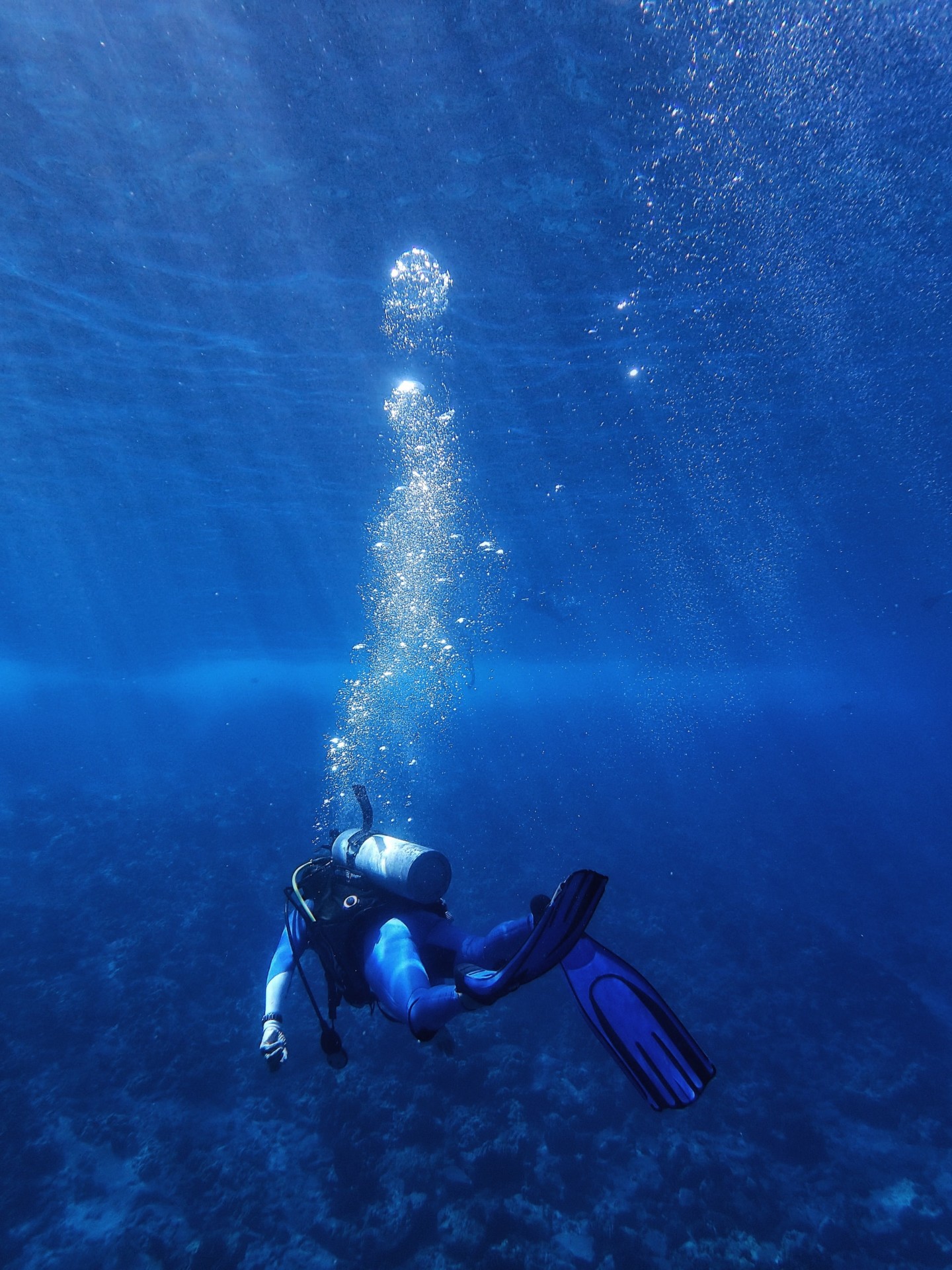
Why Do Scuba Divers Use More Air at Depth? (+4 Practical Tips)
-
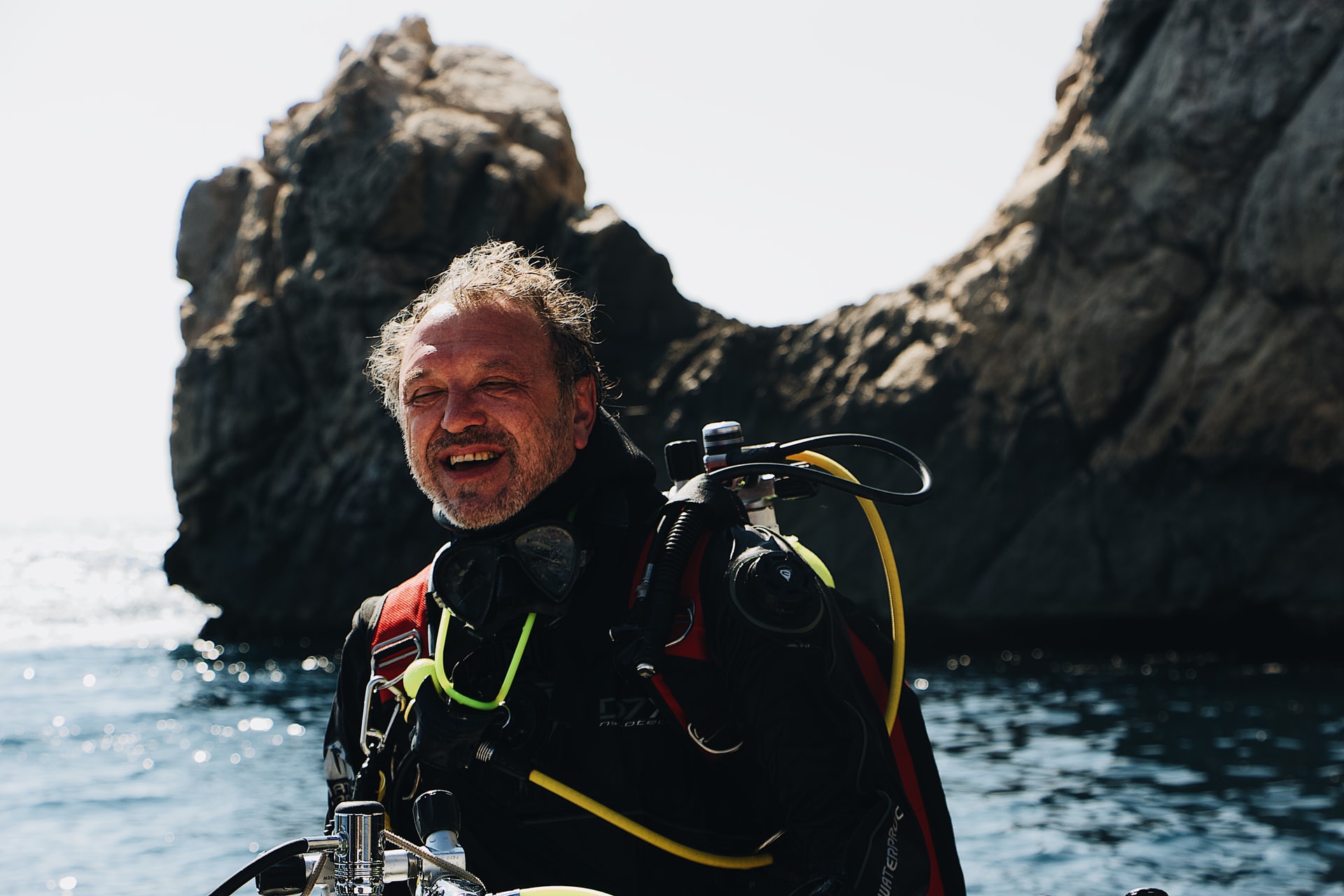
At What Age Should You Stop Scuba Diving? (+9 Tips for Older Divers)
-
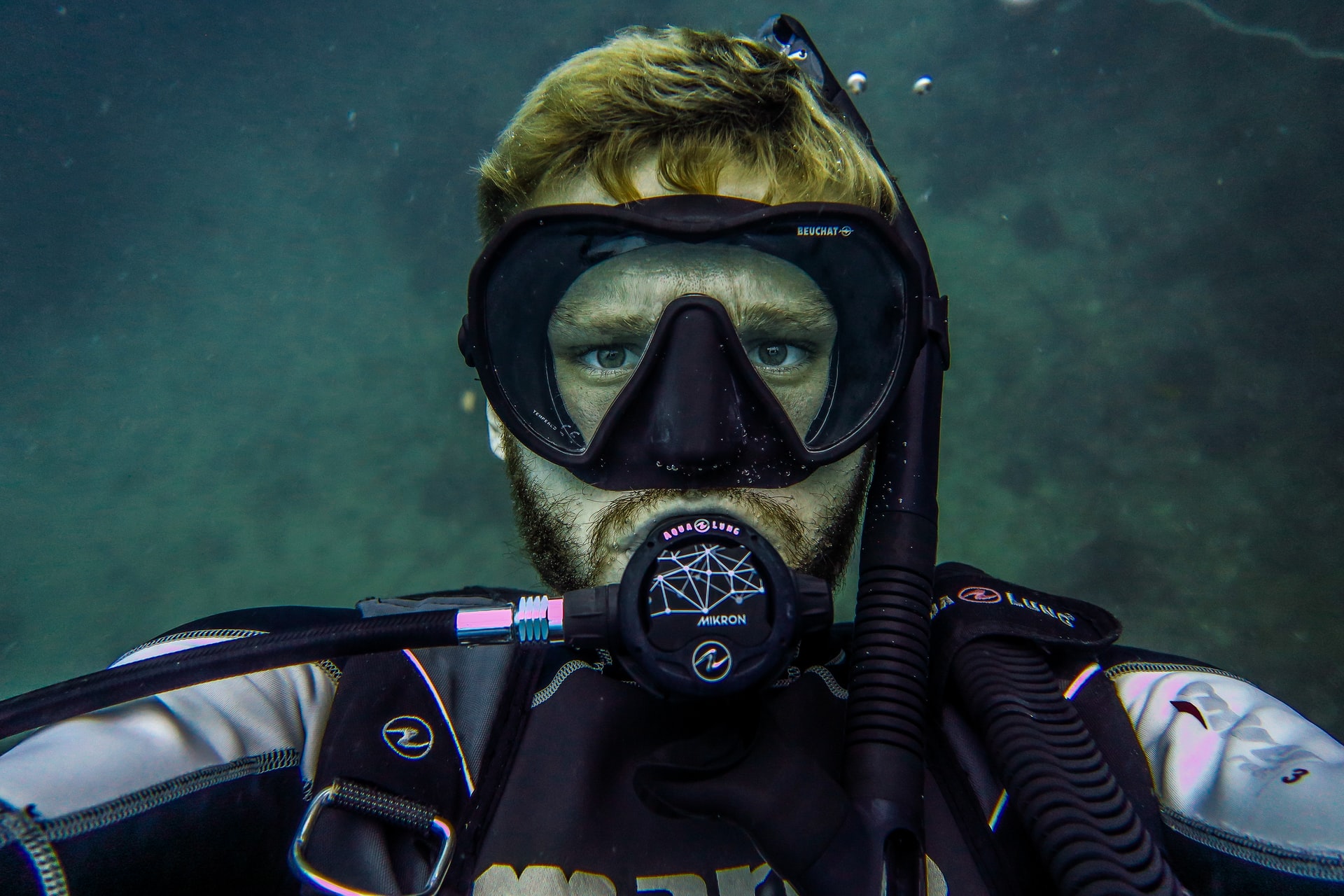
Should I Shave Before Scuba Diving? Crucial Facts (+9 Helpful Tips)
-
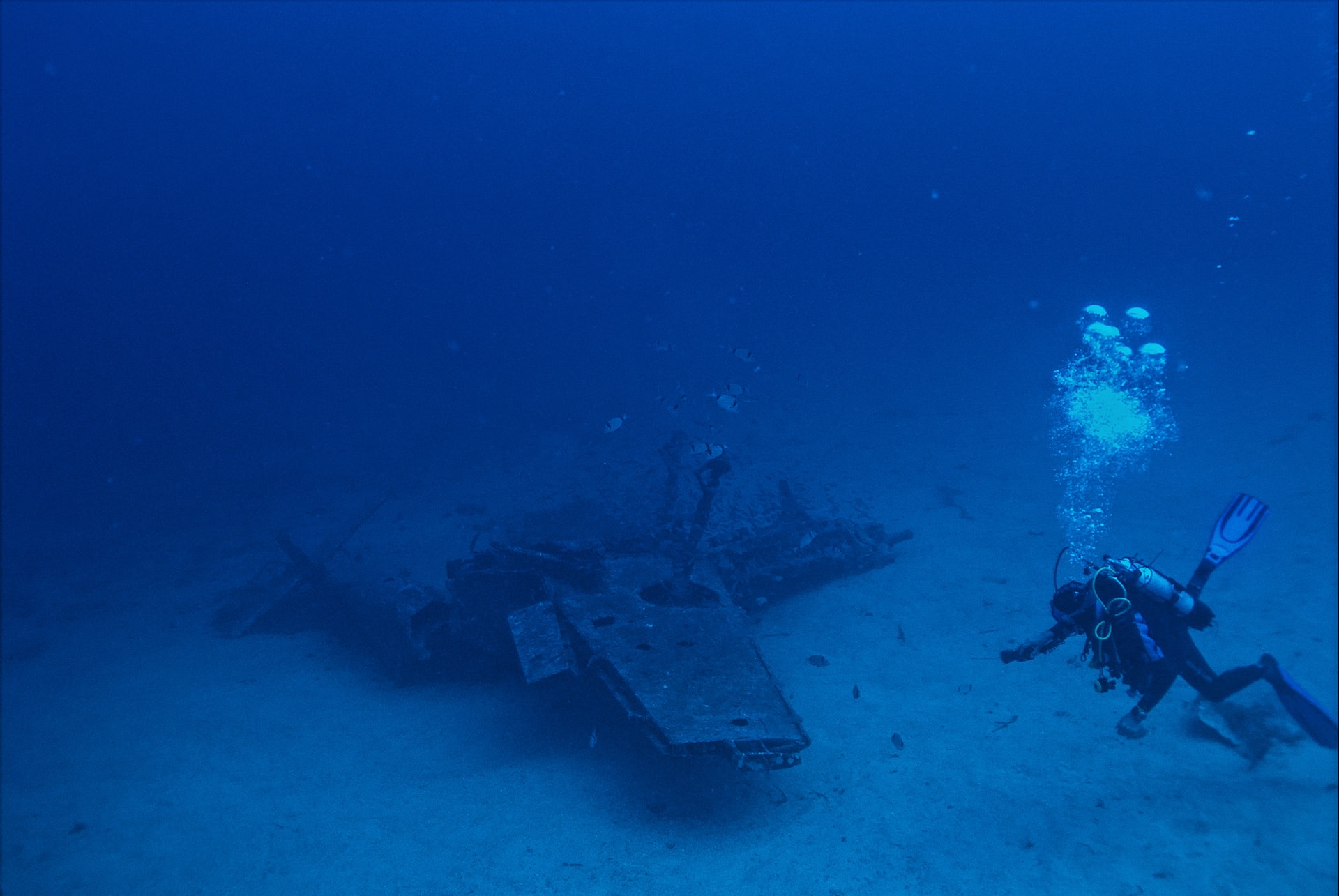
Why Do Scuba Divers Use Helium? (+Its Pros & Cons)
-
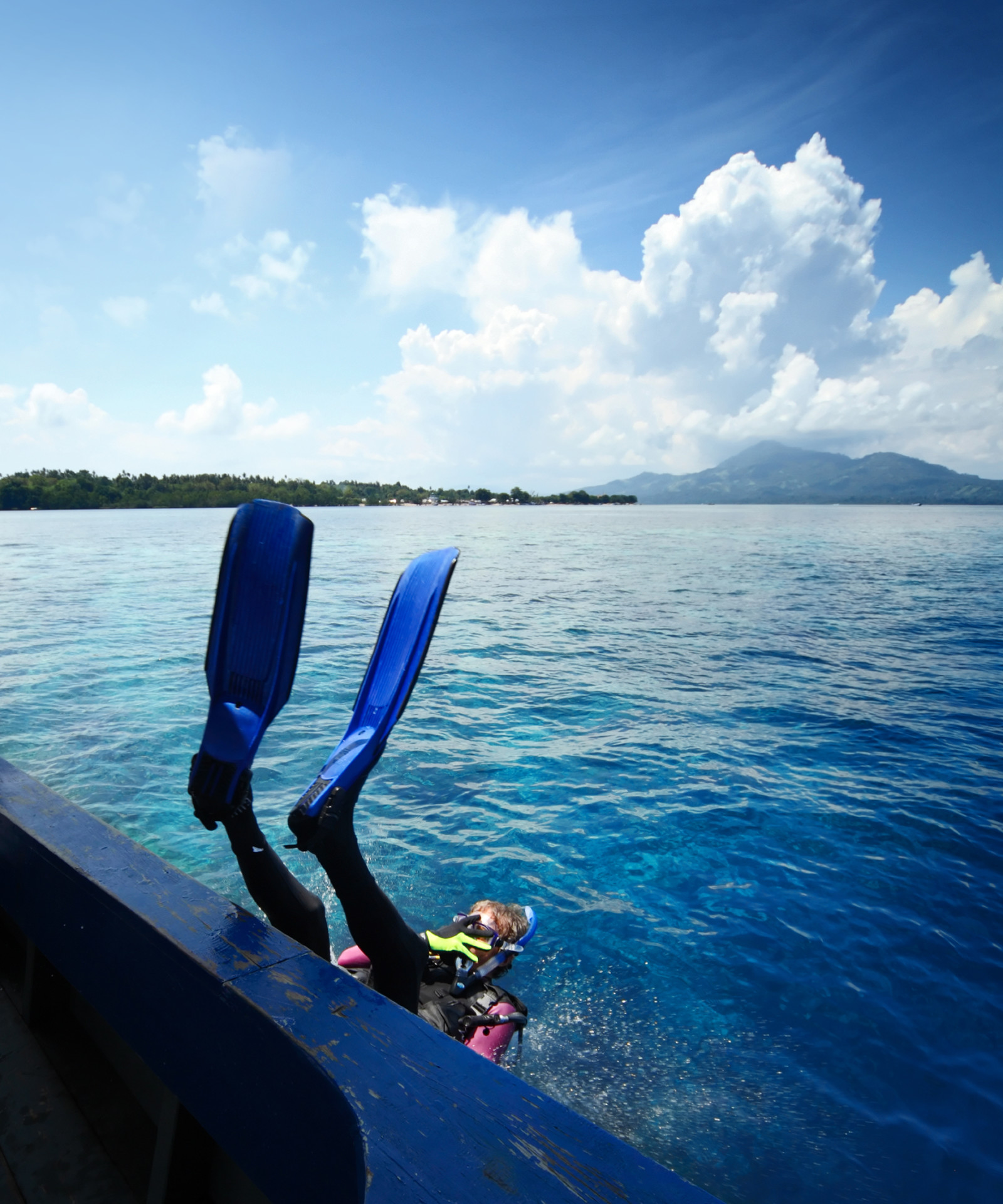
Why Do Scuba Divers Go in Backwards? (+3 Alternative Entries)
-
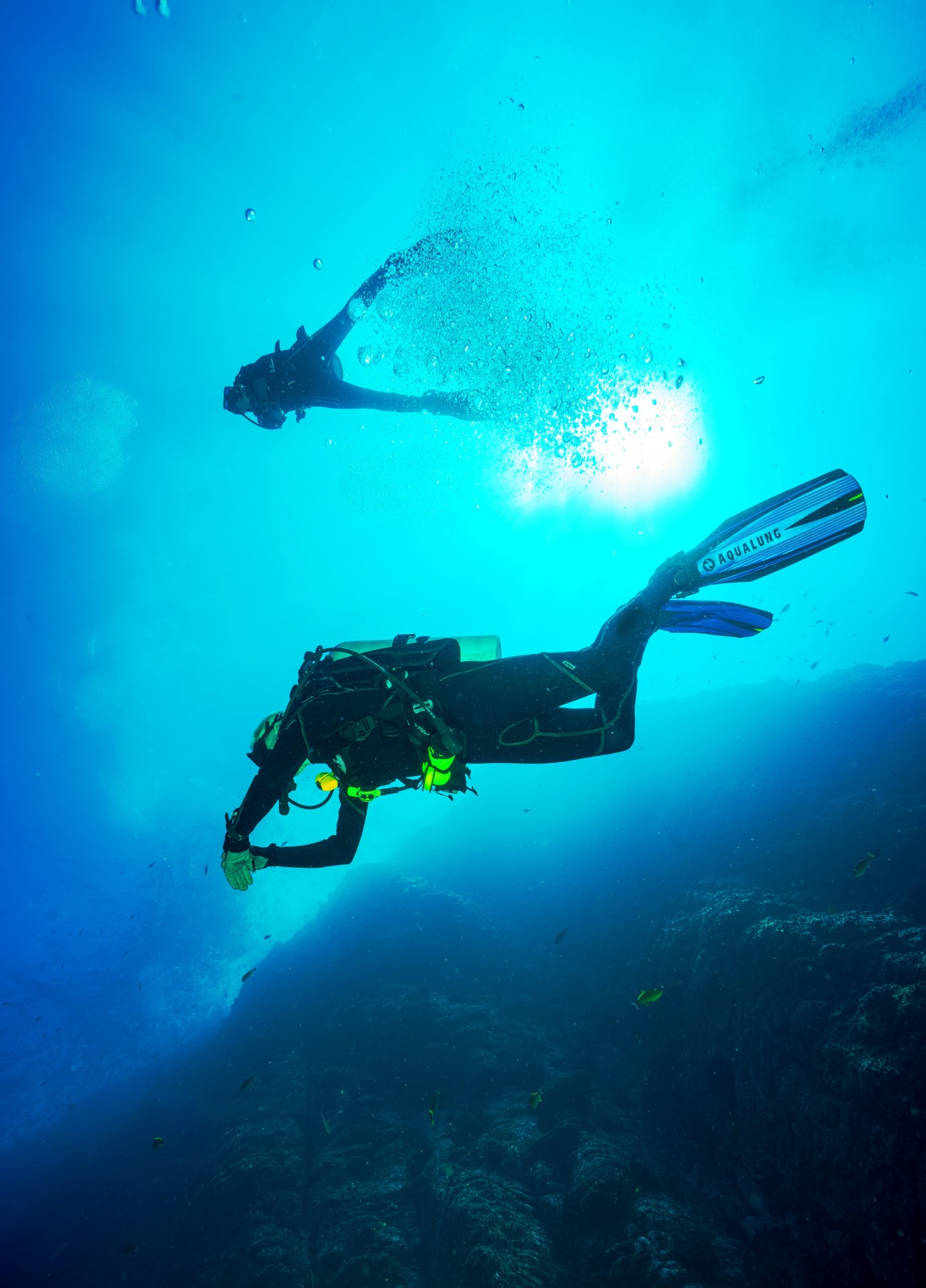
How Do Scuba Divers Sink and Float? (+Tips to Get It Right)

